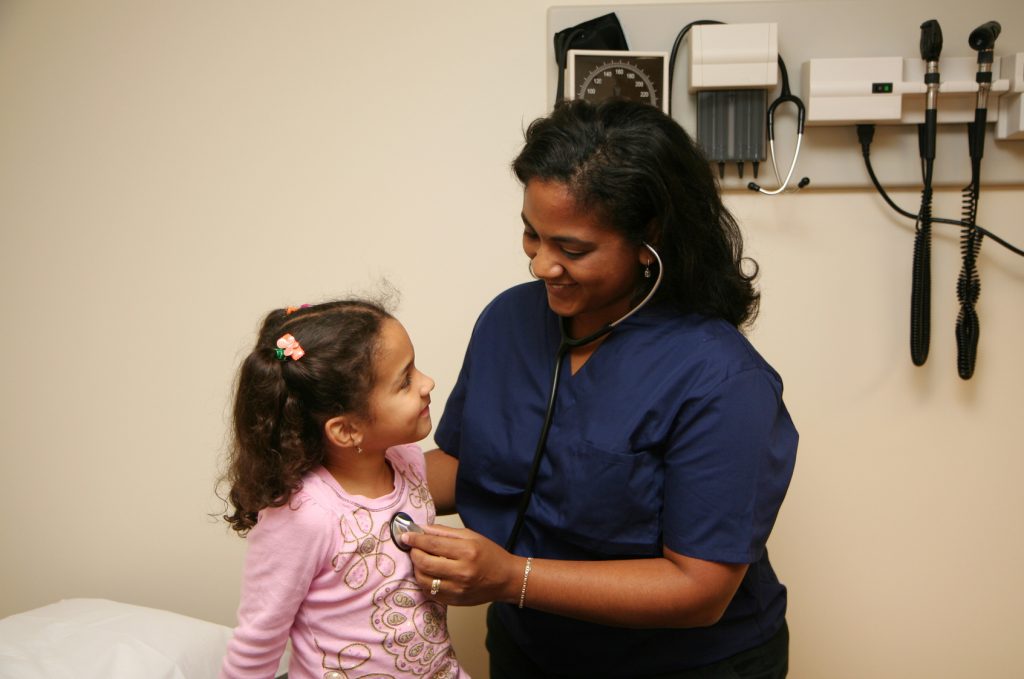nurses
Tag10 Interview Tips for Nurses
Interviewing for a new nursing job? Here are 10 tips to help you make sure you are well-prepared and set up for success on the big day.
One Nurse’s Take On Travel Nursing
Jennifer Corona, BSN, RN, CCRN, sat down for an interview with us to offer some insight into the trials and triumphs of her experience with travel nursing.
Should I Quit This Darn Nursing Job?
Have you ever wondered when it’s time to quit your nursing job and move on? Are you stuck in a job, uncertain where to go next as a nurse? Or do you just need a change of scenery?
Travel Nursing: The Answer to Curing Nurse Burnout?
Burnout remains a common problem within nursing. Is travel nursing the cure?
One Nurse Per 4,000 Pupils = Not The Healthiest Arrangement
School nurse shortages have been reported in recent years in California, Oregon, Idaho, Utah, Montana, Colorado, North Dakota, Oklahoma, Illinois, Wisconsin, Michigan, Ohio, and Florida.
Jump Aboard the Nurse Wellness Express
Nurses are renowned for not taking good care of themselves, ostensibly because they’re so busy taking care of others and living the lives of the saints that they are perceived to be.
Study: Nursing Workforce Is More Diverse, Educated and Male than Before
There is increased diversity in gender and race/ethnicity within the nursing workforce, according to a new study.
Nursing Degrees Increasing, but Not on Track to Meet Goal for Acute Care
Based on current trends, it’s estimated that 64% of nurses in acute care hospital units will have a degree by 2020—falling short of the 80% goal.
Where Did the Sexy Nurse Stereotype Come From?
Despite nursing being a noble profession, the sexy nurse stereotype refuses to die. With Halloween (and scores of women dressed as such) rapidly approaching, we take a look at why, and what you can do to stop it.
Mass Shootings and Trauma — the New Normal
Nurses, physicians, and other professionals working in trauma centers know fully well that, at any time of day or night, ambulances and vehicles filled with victims could arrive after a violent situation unfolds.






